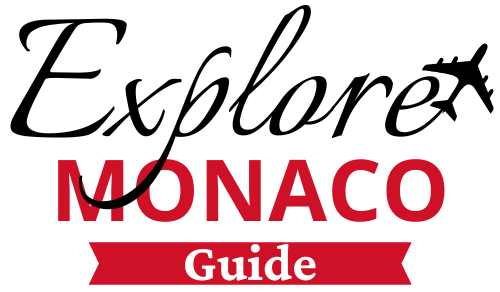If you’re planning a visit to the tiny principality of Monaco, you may wonder what language to expect. French is the official language in Monaco, and it shapes everyday life in this glamorous coastal enclave. From street signs to government documents, everything runs in French. But there’s more to the story than just modern convenience. The language reflects deep cultural, political, and historical ties.
A Legacy of History and Geography
Monaco shares its only land border with France. Naturally, the two have long influenced one another. Although Monaco is an independent country, it signed a treaty with France in 1861, securing full sovereignty while maintaining close relations. As a result, French became the official language. Over time, this decision helped strengthen Monaco’s identity while keeping diplomatic harmony.
French Is the Official Language in Monaco: But Not Just French – A Multilingual Nation
While French dominates public life, it’s not the only language you’ll hear. Italian, English, and the local dialect Monégasque are also spoken. In fact, Monaco’s diverse population contributes to a rich linguistic mix. Many residents speak more than one language fluently. For example, in restaurants or shops, switching between French and English is common. Still, French remains the language of the state.
Why Language Matters in Monaco
Language in Monaco isn’t just about communication—it’s about belonging. Using French connects people to local traditions and institutions. Schools, courts, and the media all operate in French. Even so, the principality embraces its international flair. Multilingualism is seen as an asset, especially in business and tourism.
Final Thoughts
French is the official language in Monaco, but it’s part of a broader, multilingual landscape. Whether you’re ordering coffee in Monte Carlo or attending the Grand Prix, knowing a few French phrases goes a long way. At the same time, don’t worry—Monaco welcomes visitors in many tongues. Still, understanding the role of French offers insight into the country’s identity, history, and charm.
